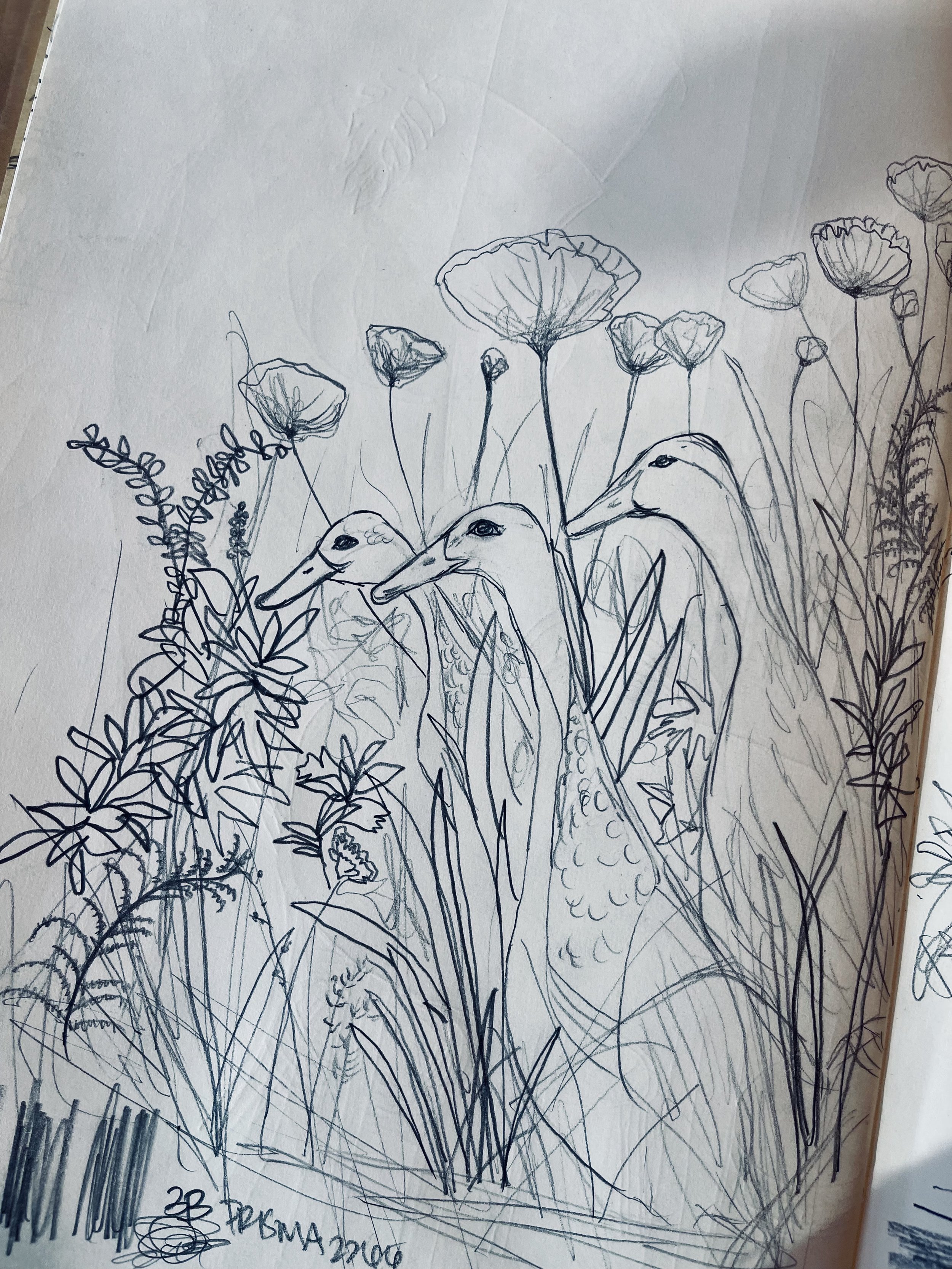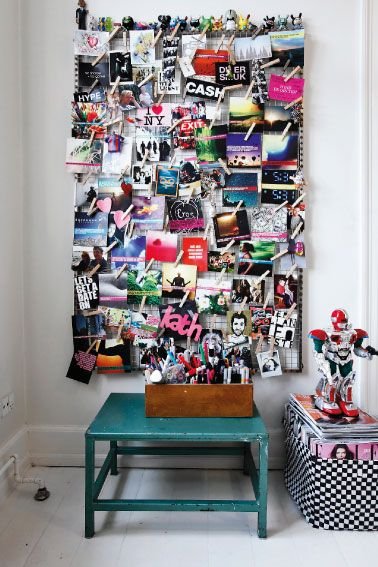The 3 Most important things I learned in Art School
I'm usually immediately disinterested when artists talk about what art school taught them and how their training at [enter fancy school name} makes them an authority on blah...blah...blah. It feels false. Why? Because I've been to art school, and I know that most of those artists didn't learn everything they know about the artist's profession from attending a school (I could go on for days about what college doesn't teach you, art or other—but I digress). They learned how to be professional artists from doing it in the real world, outside of the comforts of school walls, and the two worlds couldn't be more different.
I can honestly say I learned nothing about what it takes to be an artist from art school; that knowledge only came from trying and failing over and over. Don't get me wrong; I'm not saying that art school didn't teach me anything, but it wouldn't be truthful to claim that I am a professional artist because I went to school for it. After all, we all know that many very successful artists have never experienced academic art training.
That said, there are three big things I learned from my experience in art school (and have held onto) that have helped me have the courage to continue and grow in this industry. These three things have served me in my development as a professional artist and continue to help me every day.
01. The Value Of community
The first thing I figured out in art school was the value of community. I still remember how I felt sitting in class those first few months, looking around and feeling like—those were my people, I'd finally found them. And it wasn't because they were all aspiring artists; I'd realized I'd found people who saw the world similarly to me, and that was so refreshing and inspiring. Finding a community of people who get you just the way you are, is priceless. That alone might have been worth the hefty price of admission. When you find a group of like-minded people with a shared passion, you can almost develop a shorthand, a unique communication that helps you feel empowered.
02. The practice is the art
The second most significant takeaway from my art school experience was learning that practice makes you an artist, not the art. I learned to see my artistry as a skill rather than an ordained talent from the powers that be (whoever they may be). Being around other artists slogging through the mud of uncertainty helped...A LOT. Realizing that trial and error is a necessary part of any art process (and practice) helped empower my untrained brain. I learned to embrace the suck. This lesson also speaks volumes about artists who have learned it on their own; they are rock stars!
03. Reading my work
The last thing I took away from my days in art school was how to read my work. What do I mean by reading? I learned to analyze what was working and what wasn't and tweak that to develop my ideas in more depth. Along with embracing the suck, I understood that my process was a pattern of creative choices that I could study and analyze to build upon later. I realized that I could create a process that produced a framework for more effective work. For example, I learned that I love mark-making. I love drawing lines and adding words to my work. After stepping back and reading the pieces that resonated with me most, I realized that drawing lines and words felt like a better process experience. I analyzed what kinds of marks echoed my voice the most. I repeated creating those marks until I developed a practice that effectively incorporated mark-making into my art process. Now, mark-making is just one step in the framework of my process. It's a step that I have embraced as essential to communicating my voice in my work, and I only learned that because I studied what parts of my process resonated the most with me each time I practiced my skill.
Community, Practice, and development
Admittedly, most of what I learned was by trial and error. Still, the combination of community, practice, and development that I experienced in school helped formulate the skills I use today. Having a cohort of like-minded people to share worries, stresses, and ideas is one of the most beneficial and empowering things for artists, especially in the beginning stages when you feel like belonging is essential. Your people help you deal with the phases of doubt and uncertainty that inevitably come with the process of creating authentic art.
Understanding that all artists go through the trials and tribulations of developing their voice is a game-changer. Becoming a master at practice is the ultimate marker of a great artist. Artmaking is a skill. Getting comfortable with being at the beginning and working through the messy (also sticky) middle parts is a marker of your growth as an artist.
Remember, anything that grows has a pattern; slice open a pineapple and see a pattern. Your art has a pattern, too; you just need to figure out how to slice it, so it reveals itself. That's what your practice is, your pattern decoder. It's a way to analyze your practice to build the most effective process. A process that helps establish your voice as an artist.



